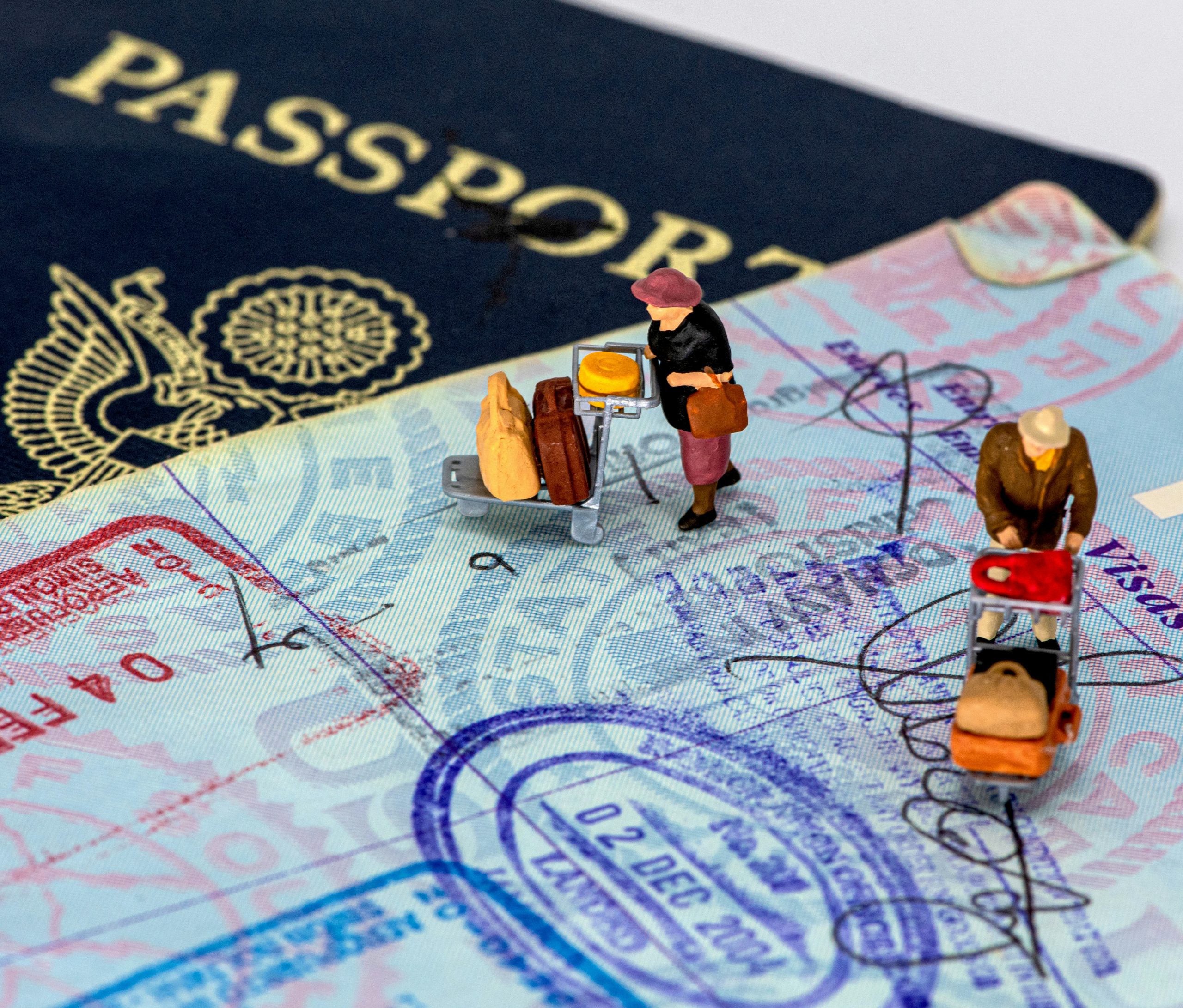
February 20, 2024, by ppyab15
What to consider when working in Europe post-Brexit
Anna Beer, physics student © via Unsplash by Mano5280
Brexit has undoubtedly changed the way British citizens can travel, work and live abroad. While the process may now involve more paperwork and considerations, there are still plentiful opportunities for those eager to work or volunteer in Europe. In this blog, I’ll break down some of the essential considerations steps to make your European endeavour a reality.
What did Brexit change
Before Brexit, UK citizens could live, work or study visa-free in any EU Member country under the free movements’ rights. Post-Brexit a UK citizen can still travel to an EU Member country as a short-term visitor, but they cannot live, work or study there without a visa.
Note that this excludes Ireland. Visa and immigration requirements for Ireland are based on the Common Travel Area arrangements which currently means you can still live, work and study in Ireland visa-free.
Visiting the EU
British citizens can visit Schengen Area countries for up to 90 days within a 180-day period without requiring a visa. Remember that this limit applies collectively across all Schengen countries and that the 90 days don’t have to be consecutive.
Note that some EU countries like Bulgaria, Cyprus, and Romania are not part of the Schengen area. Good news is that you can still visit these countries without a visa and stay for up to 90 days within a 180-day period. Additionally, any time spent in non-Schengen area countries won’t detract from your 90-day limit in Schengen nations.
Volunteering in the EU
For most countries you can volunteer without any visa (though you’ll still be subject to the 90 in 180-day limit). Therefore, its crucial to make sure you have enough days left to cover your duration there. Also, some countries may offer specific volunteering visas for longer stays, and so it’s advisable to check with the host country’s regulations before making any commitments.
Working in the EU
For those seeking employment, a visa or work permit is essential. Each EU country has its own regulations regarding work visas. Research the specific requirements of your chosen destination and ensure you obtain the necessary documentation before traveling. This can be found on either the government website or the specific country embassy website. Additionally, be prepared to navigate local registration procedures such as registering with the police. You may also need to sort out your tax obligations, for this it’s best to get in touch with your employer and ask what the specific requirements are.
Healthcare in the EU
Healthcare is a crucial aspect to consider when traveling within the EU. If you’ve previously visited Europe, you might be familiar with the EHIC (European Health Insurance Card). If you possess an EHIC, rest assured that it remains valid until its expiry date, clearly indicated on the card itself. However, if your EHIC has expired or you don’t have one, you’ll be able to get a Global Health Insurance Card (GHIC). Essentially identical, the GHIC ensures access to healthcare at local rates across EU countries. This means that if the country you’re visiting offers free healthcare, any necessary treatments will also be free. You can apply for the GHIC for free on the NHS website. Remember that the GHIC isn’t an alternative to travel or public liability insurance, which would need to be covered separately.
Using an EU passport
If you’re a UK resident with an EU passport, you can still travel to Europe for work, study and leisure without a visa or work permit. Therefore, if you have a parent or grandparent with citizenship from another country, it’s worthwhile exploring the possibility of obtaining citizenship in that country as well, as this could reduce some of the visa-hassle.
While Brexit has brought changes to the process of working and volunteering in Europe for British citizens, opportunities are still endless. By staying informed, planning ahead, and seeking assistance when needed, you can embark on a fulfilling experience abroad, contributing to your personal and professional growth.
Are you planning to gain work experience abroad? Visit the Careers and Employability Service website to discover the benefits of working abroad, where to look for opportunities and much more. Or, if you’re a graduate, find work abroad here. Alternatively, book a careers appointment to discuss any queries.
No comments yet, fill out a comment to be the first

Leave a Reply